Earth
Sign up for our newsletter
We summarize the week's scientific breakthroughs every Thursday.
-
 Climate
ClimateClimate change communication should focus less on specific numbers
Even if nations don’t meet goals to curb global climate change, any progress is better than none.
-
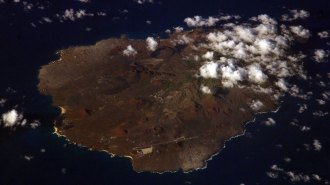 Earth
EarthSome volcanic hot spots may have a surprisingly shallow heat source
Mysterious hot spots of volcanic activity in the interior of tectonic plates just got a little stranger.
By Sid Perkins -
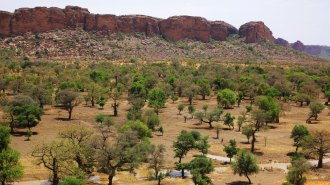 Climate
ClimateAfrica’s ‘Great Green Wall’ could have far-reaching climate effects
The “Great Green Wall,” a tree-planting project to stop desertification in northern Africa, could alter climate patterns in the region and beyond.
-
 Climate
ClimateHow electric vehicles offered hope as climate challenges grew
Amid daunting climate change challenges, electric vehicles swerved into the spotlight this year.
-
 Climate
ClimateVikings may have fled Greenland to escape rising seas
Vikings abandoned Greenland in the 15th century. Lower temperatures, an expanding ice sheet and rising sea levels may have played a role in their departure.
By Freda Kreier -
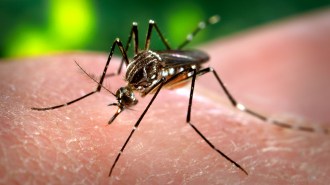 Animals
Animals50 years ago, scientists were genetically modifying mosquitoes
In 1971, scientists turned to genetics to control disease-spreading mosquitoes without DDT. Today, there are a variety of pesticide-free methods.
-
 Climate
ClimateHow a warming climate may make winter tornadoes stronger
A climate simulation suggests that higher winter temperatures could make twisters more powerful.
-
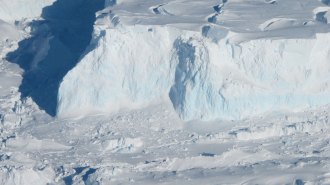 Climate
ClimateAntarctica’s Thwaites Glacier ice shelf could collapse within five years
The loss of Thwaites’ buttressing ice shelf could hasten the demise of the “Doomsday Glacier” and raise the risk of dramatic sea level rise.
-
 Climate
ClimateWildfire smoke may ramp up toxic ozone production in cities
A new study reveals how wildfire smoke produces toxic ozone and how urban air pollution could exacerbate the problem.
-
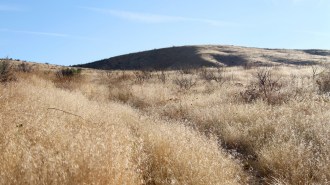 Plants
PlantsInvasive grasses are taking over the American West’s sea of sagebrush
Cheatgrass and other invasive plants are expanding rapidly in the western United States, putting more places at risk for wildfires.
-
 Climate
ClimateClimate change could make Virginia’s Tangier Island uninhabitable by 2051
Tangier Island could be lost to rising seas sooner than previously realized. Whether to save the island or move its residents remains undecided.
-
 Oceans
OceansThe Southern Ocean is still swallowing large amounts of humans’ carbon dioxide emissions
A 2018 study suggested the ocean surrounding Antarctica might be taking up less CO₂ than thought, but new data suggest it is still a carbon sink.